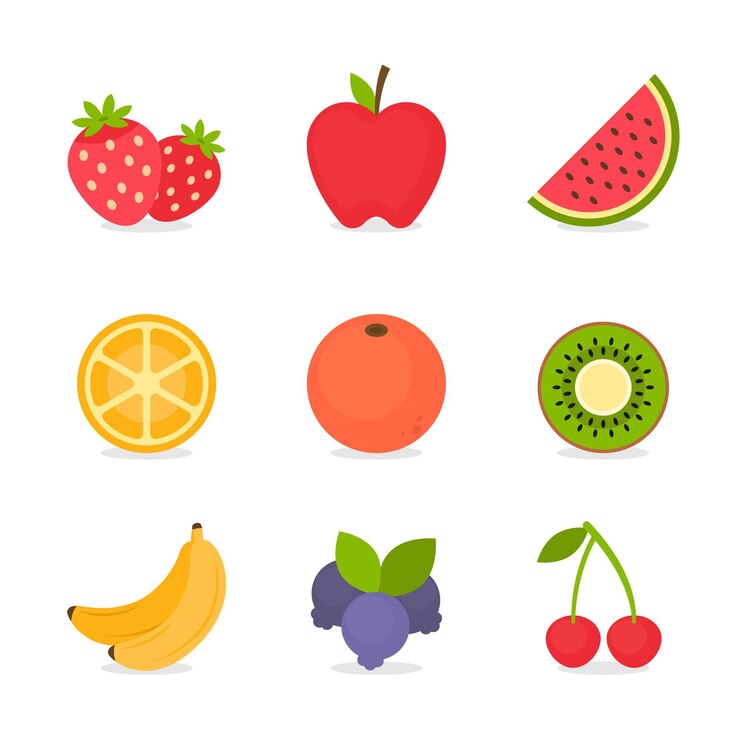Fruits are undeniably a vital component of a healthy diet, providing essential vitamins, minerals, fiber, and antioxidants. However, like anything in life, balance is key. While fruits offer numerous health benefits, consuming them in excessive quantities can have some drawbacks. In this article, we will explore how much fruit is too much and the factors to consider when incorporating fruits into your diet.
The Benefits of Fruit Consumption
Before delving into the question of excess, it’s crucial to acknowledge the many advantages of including fruits in your diet:
1. Nutrient Rich: Fruits are packed with essential nutrients, including vitamins (e.g., vitamin C, vitamin A, folate), minerals (e.g., potassium, magnesium), and dietary fiber.
2. Antioxidants: Fruits are abundant sources of antioxidants, which help protect your cells from oxidative stress and reduce the risk of chronic diseases.
3. Fiber: The fiber in fruits aids digestion, promotes satiety, and can assist in managing weight and blood sugar levels.
4. Hydration: Many fruits have high water content, contributing to your daily hydration needs.
5. Variety: Fruits come in a vast array of flavors, colors, and textures, making it easy to enjoy a diverse and appealing diet.
How Much Fruit is Recommended?
The amount of fruit recommended varies based on age, sex, and activity level. However, a general guideline from the U.S. Department of Agriculture suggests that adults consume around 1.5 to 2 cups of fruit per day. This can be achieved by consuming whole fruits, 100% fruit juice, or a combination of both.
The Potential Pitfalls of Excessive Fruit Consumption
While fruits are undoubtedly nutritious, there are some considerations to keep in mind when it comes to consuming them in excess:
1. Sugar Content: Fruits contain natural sugars, primarily fructose. While these sugars are not inherently unhealthy, consuming large quantities can contribute to excessive calorie intake, potentially leading to weight gain or blood sugar issues.
2. Dental Health: The natural sugars in fruits can contribute to tooth decay, particularly if fruit juices or dried fruits are consumed frequently.
3. Digestive Discomfort: Overeating fruits, especially those high in fiber, can lead to digestive discomfort, including bloating and diarrhea.
4. Nutrient Imbalance: An excessive focus on fruits in your diet may lead to an imbalance in nutrient intake, as you may miss out on other essential food groups like vegetables, protein sources, and whole grains.
Finding the Right Balance
To enjoy the benefits of fruits without overdoing it:
1. Follow Recommended Guidelines: Aim to meet the daily recommended fruit intake for your age and sex.
2. Choose a Variety: Consume a diverse range of fruits to ensure you receive a wide spectrum of nutrients.
3. Be Mindful of Portion Sizes: Pay attention to portion sizes, particularly with calorie-dense fruits like bananas and avocados.
4. Monitor Your Sugar Intake: If you have concerns about sugar intake, focus on whole fruits rather than fruit juices or dried fruits, which are more concentrated in sugars.
5. Consider Your Overall Diet: Ensure that your fruit consumption complements a well-rounded diet that includes vegetables, lean proteins, whole grains, and healthy fats.
In conclusion, fruits are a valuable and delicious part of a healthy diet. While it’s challenging to define an exact threshold for “too much” fruit, moderation and balance should be your guiding principles. By being mindful of portion sizes and considering your overall dietary choices, you can enjoy the numerous benefits of fruits while maintaining a well-rounded and nutritious diet.
